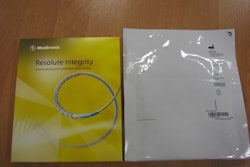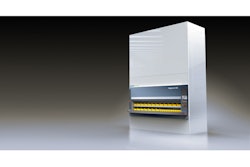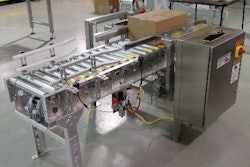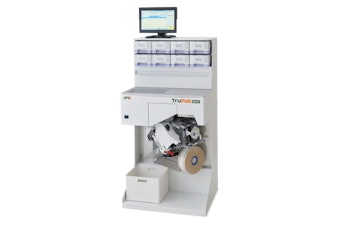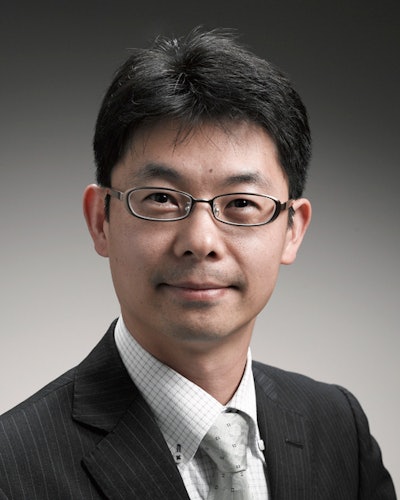
To be eligible for CPIP certification, an applicant must hold a Bachelor's Degree in Science, Technology, Engineering, or Math (STEM), and 5 years of industry experience, or 10 years experience without a STEM degree. Applicants must also demonstrate professional experience and extensive pharmaceutical industry knowledge. After proving eligibility, applicants must pass a rigorous exam covering product development, facilities and equipment, information systems, and other pertinent areas of pharmaceutical industry knowledge.
“I see CPIP certification as a very valuable experience; in preparing for the exam, I gained a wide spectrum of knowledge and perspective beyond my own direct work experience,” said Nakamura. “As the first Japanese CPIP, I would like to make a contribution for the growth and globalization of the Japanese pharmaceutical industry through not only design and engineering work but also voluntary and educational activities.”
Continued Nakamura, “In particular, I would like to highlight the efforts of ISPE's Japan Affiliate in helping me to reach this goal. The Affiliate, recognizing the particular hurdles faced by a non-native English speaker, created a dedicated local CPIP Committee and made available to us lectures taught by experts from within the Affiliate. We were also led through Webinars from ISPE HQ. These efforts were immensely helpful to me as I completed the CPIP certification process.”
Nakamura has over 14 years' experience in engineering for the pharmaceutical industry as a mechanical engineer, particularly for sterile manufacturing facilities, and he has participated in more than 15 pharmaceutical facility construction projects. He has been employed by JGC Corporation since 1997, beginning as a Mechanical Engineer before being promoted to the role of Lead Mechanical Engineer in 2003. He holds a Bachelor's Degree in Mechanical Engineering and a Master's Degree in Energy Science and Engineering from Kyoto University, Japan.
“I see CPIP certification as a very valuable experience; in preparing for the exam, I gained a wide spectrum of knowledge and perspective beyond my own direct work experience,” said Nakamura. “As the first Japanese CPIP, I would like to make a contribution for the growth and globalization of the Japanese pharmaceutical industry through not only design and engineering work but also voluntary and educational activities.”
Continued Nakamura, “In particular, I would like to highlight the efforts of ISPE's Japan Affiliate in helping me to reach this goal. The Affiliate, recognizing the particular hurdles faced by a non-native English speaker, created a dedicated local CPIP Committee and made available to us lectures taught by experts from within the Affiliate. We were also led through Webinars from ISPE HQ. These efforts were immensely helpful to me as I completed the CPIP certification process.”
Nakamura has over 14 years' experience in engineering for the pharmaceutical industry as a mechanical engineer, particularly for sterile manufacturing facilities, and he has participated in more than 15 pharmaceutical facility construction projects. He has been employed by JGC Corporation since 1997, beginning as a Mechanical Engineer before being promoted to the role of Lead Mechanical Engineer in 2003. He holds a Bachelor's Degree in Mechanical Engineering and a Master's Degree in Energy Science and Engineering from Kyoto University, Japan.
Companies in this press-release



